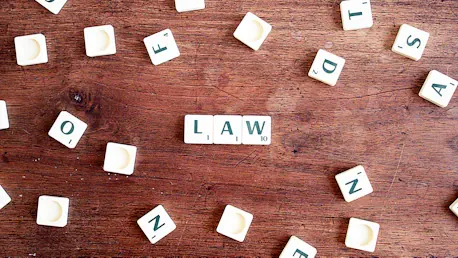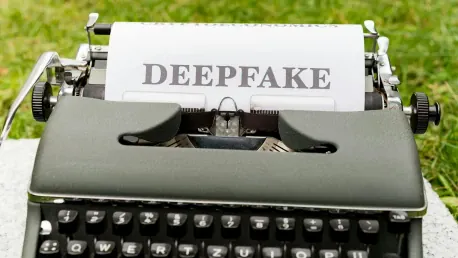
A survey by the Ada Lovelace Institute and the Alan Turing Institute reveals a significant demand for AI regulation in the UK. The research indicates that 72% of the British public would be more comfortable with AI if new laws were enacted, an increase from 62% just two years ago. This contrasts

As the urgency for environmental sustainability intensifies, technology, particularly Artificial Intelligence (AI), plays a pivotal role in ensuring adherence to environmental laws and regulations. This transformation in environmental law compliance is not only creating a significant impact on

Deepfake technology, which leverages artificial intelligence to create highly realistic digital replicas of real people, is advancing at an unprecedented pace. While this technology holds significant potential for innovation in various fields, it also introduces critical risks that demand urgent

Facial recognition technology (FRT) has become a significant tool in modern law enforcement, offering the potential to solve crimes more efficiently. As law enforcement agencies increasingly adopt facial recognition technology (FRT) to enhance public safety, they face the formidable challenge of

As governments and policymakers grapple with the challenge of formulating AI policies, a critical debate has emerged: should the focus be on regulating AI development or its use? This article argues that regulating the use of AI, rather than its development, will better protect consumers and foster

In December 2024, Texas introduced the Texas Responsible AI Governance Act (TRAIGA), a legislative proposal aimed at addressing algorithmic bias and imposing strict regulations on artificial intelligence (AI) systems within the state. While the bill's intentions are commendable, its approach